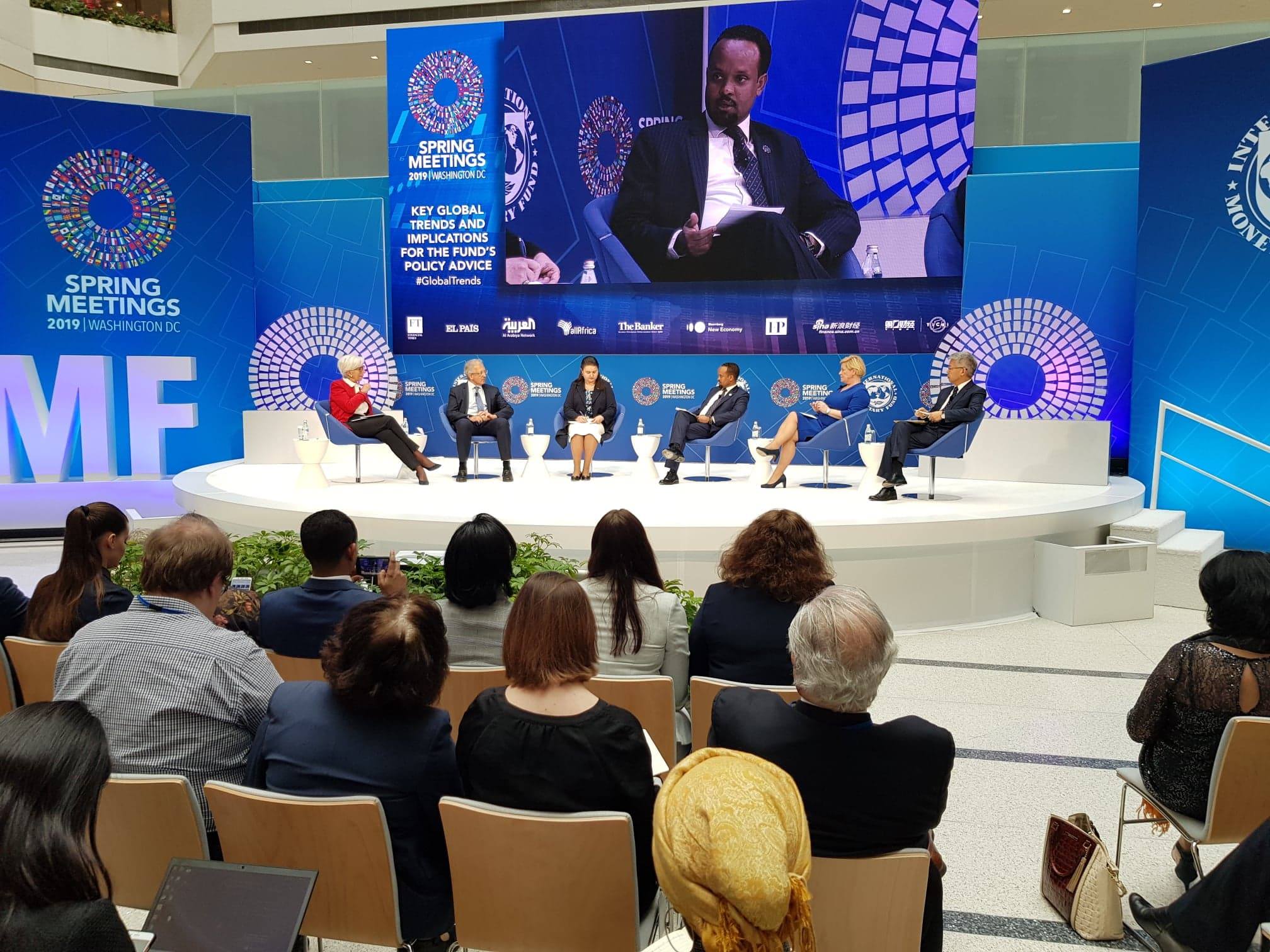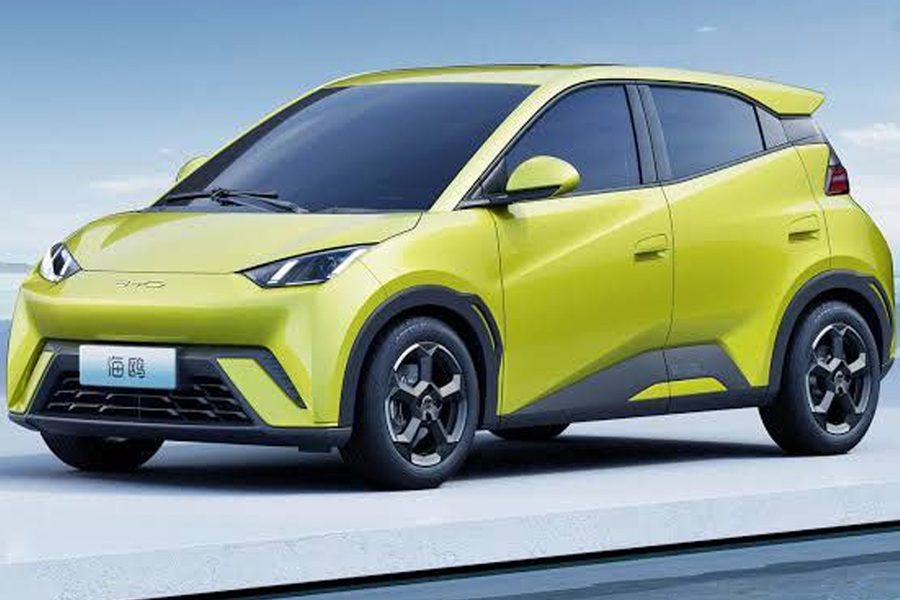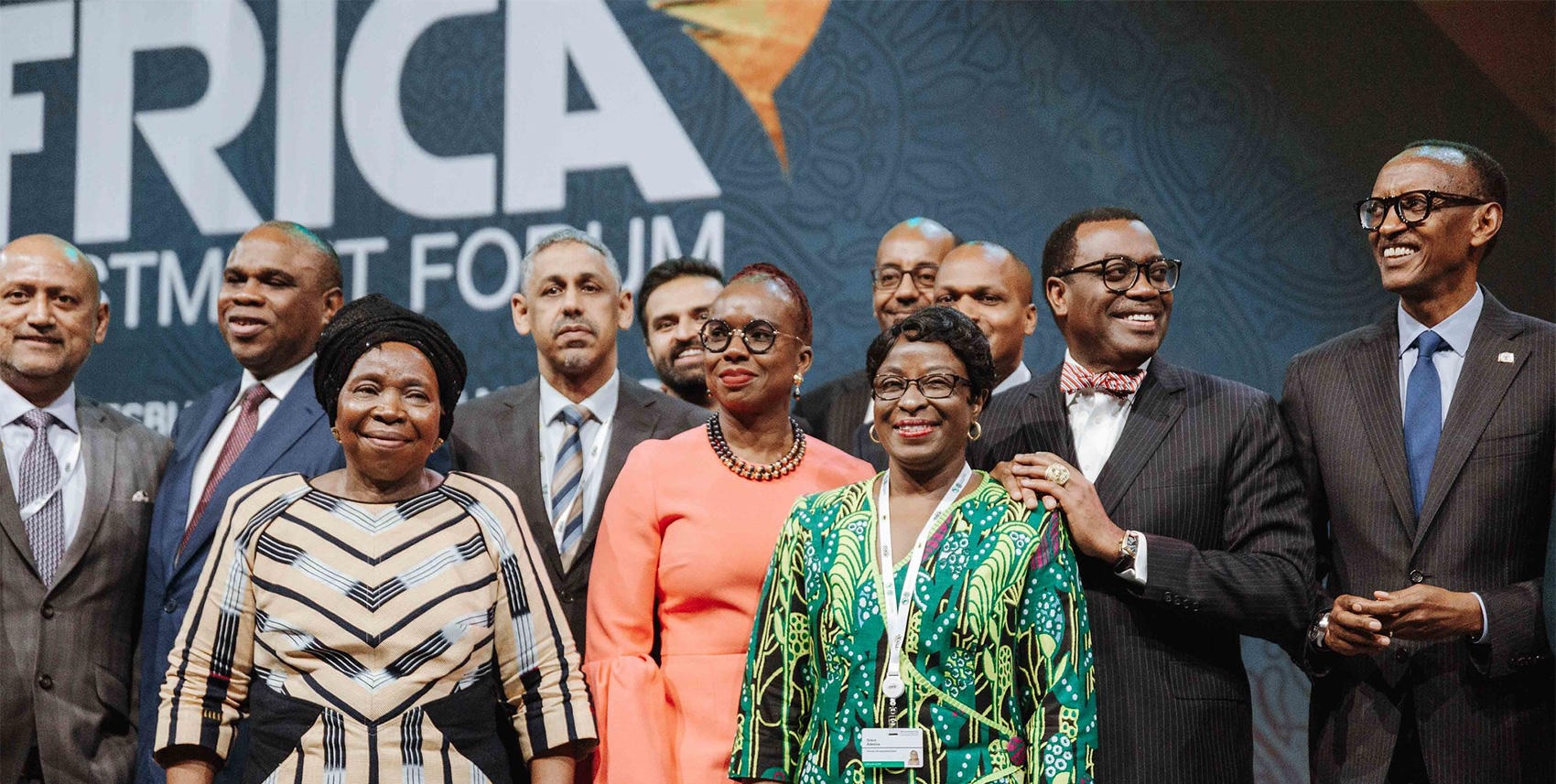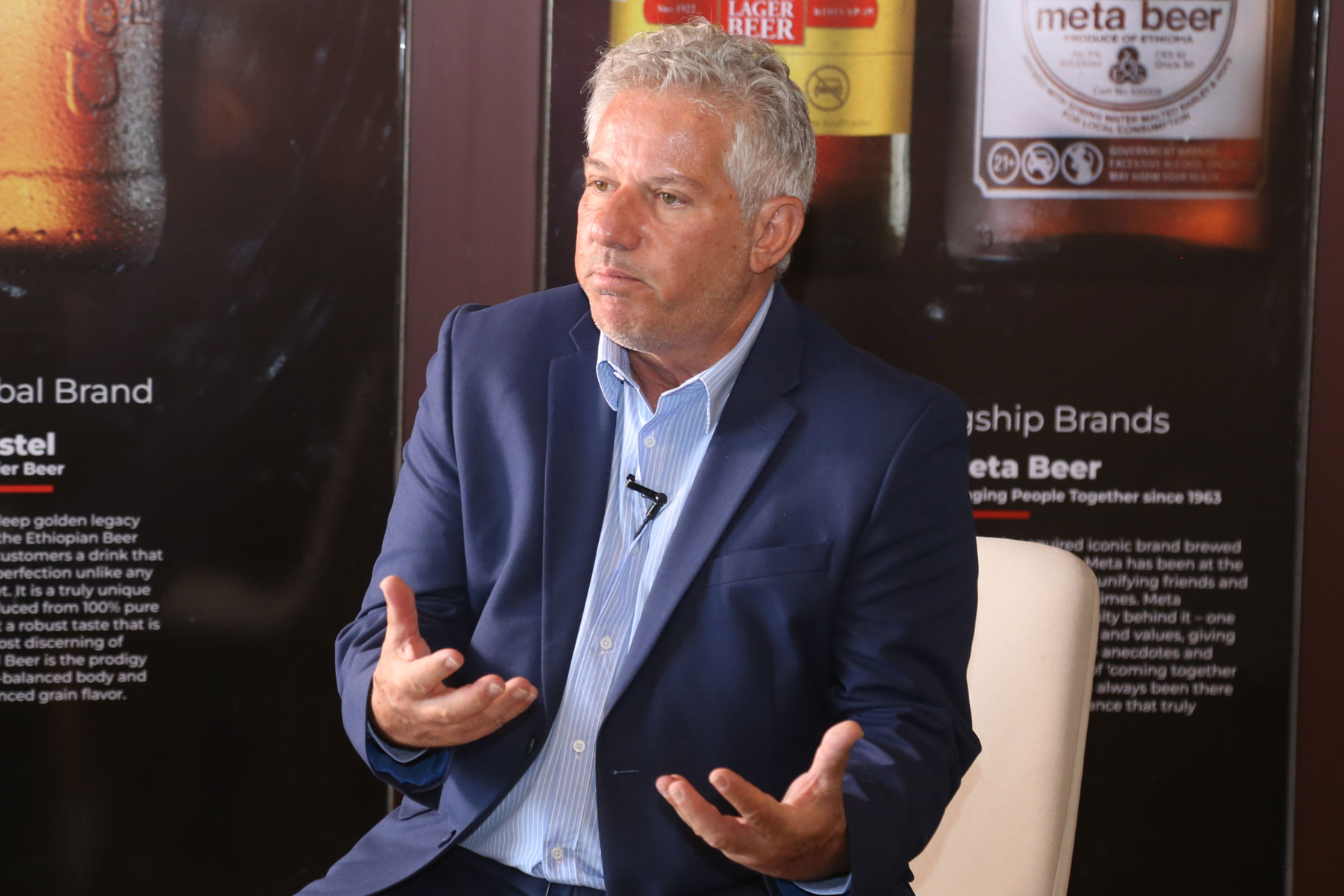
Fortune News | Apr 13,2019
Sep 7 , 2019
By Clay Webster
The forex crunch. At this point, it has almost become an afterthought. Not a month goes by without another news story mentioning how a lack of forex has stalled another investment project, forced a factory to run at half its capacity or idled construction workers at a building site. In many ways, it is the new normal.
And though the crunch has subsided slightly over the summer, this new normal appears here to stay. In the just ended fiscal year, Ethiopia spent 12.7 billion dollars more on imports than other nations spent on Ethiopia’s exports. With that in mind, the government has made boosting export sectors of the economy one of its top priorities with the aim of increasing the supply of forex. But on the opposite side of the equation, the government seems less imaginative in formulating policies to reduce overall demand for forex.
Earlier this year when central bank Governor Yinager Dessie (PhD) spoke to parliament, he said the government may have to direct forex only to purchases of oil and medicine. While that may become a last resort in the short run, the long run strategy would naturally be to substitute imports with locally-produced goods.
In fact, the government is already doing this with passenger vehicles. Many a car owner has felt the pain of paying import taxes in excess of 200pc on their often well-used passenger vehicle. But these high taxes have made it possible for a burgeoning domestic vehicle assembly industry to take hold.
While the nation waits for that industry to reach quality parity with the vehicle import market, both domestic and imported vehicles continue to run on fuel that also must be imported and paid for with forex.
In the 2018/19 fiscal year, Ethiopia spent about 360 million dollars on benzene. While this is lower than its import bill for other fuels needed for aircraft and construction vehicles, the nation is seeing passenger vehicle growth of 10pc a year, and benzene imports are growing fast.
In the last fiscal year, benzene was the only fuel to exceed targets set by the Ethiopian Petroleum Supply Enterprise. Though the Enterprise imported just 90pc of its target for gasoil, the biggest of its imported petroleum products, approximately 21.5 million additional litres of benzene had to be imported above its target to meet demand. At its current trajectory, Ethiopia may need to spend one billion dollars a year on benzene by 2030.
But all is not lost. By formulating new policies to increase the attractiveness of electric vehicles (EVs), Ethiopia could greatly diminish its future benzene import bills.
While your first impression may be that EVs are luxury vehicles only appropriate for Hollywood starlets and eco-conscious millionaires, much of the developing world is already awakening to the economic game changer they promise to become.
In India a new framework is being studied to completely end all sales of oil-fueled passenger vehicles by 2030 in order to reduce the country’s high demand for oil.
While EVs have coursed the roads of South Africa since 2014, in conjunction with the rollout of its I-PACE electric model earlier this year, Jaguar invested in 82 electric charging stations. More than 1,000 EVs have already been sold in the country.
BMW already has 30 charging stations across the continent and plans on investing in more stations through a partnership with Nissan. In Kigali, Rwanda a company called Ampersand has begun running trials with all-electric motorcycle taxis, which can reach speeds of 80Kph. In Mauritius the government has waived a 50pc excise tax on all EVs and hybrids and introduced new incentives for EV buyers.
And while EVs are still generally more expensive compared with similar oil-fueled vehicles, they already are at parity over the lifetime of the vehicle, with savings from fuel and reduced upkeep amounting to more than 1,000 dollars a year for most drivers. Bloomberg New Energy Finance predicts that EVs will cost the same as oil-fueled passenger vehicles as soon as 2022 due to plunging costs in battery technology.
Ethiopia should focus on the long-term savings from EV vehicles. By introducing reduced import taxes on used EVs, the country can begin the experiment necessary to become a front-runner on the continent for the EV revolution. While this policy would have the government charge less in taxes at point of import, it would save upwards of 1,000 dollars a year per EV in benzene imports for many years to come. For instance, the 1.2 million EVs and hybrids on the road in the United States saved the country more than one billion litres of fuel in 2018 alone.
And policies should not end at imports. Peugeot, Lifan and Geely – three of the companies that already assemble vehicles in Ethiopia – already have EV models introduced in their home countries. With a little negotiation, foresight and pressure from the government, Ethiopia might not only have a burgeoning vehicle assembly industry in a decade but become the leading manufacturing hub on the continent.
PUBLISHED ON
Sep 07,2019 [ VOL
20 , NO
1010]


Fortune News | Apr 13,2019

Viewpoints | Dec 11,2020

Radar | Nov 09,2024

Commentaries | Dec 28,2019

Fortune News | Nov 11,2019

Fortune News | Aug 29,2020

Commentaries | Feb 27,2021

In-Picture | Sep 21,2025

Exclusive Interviews | May 11,2024

Editorial | Feb 20,2021

Photo Gallery | 172003 Views | May 06,2019

Photo Gallery | 162239 Views | Apr 26,2019

Photo Gallery | 152014 Views | Oct 06,2021

My Opinion | 136337 Views | Aug 14,2021





Dec 22 , 2024 . By TIZITA SHEWAFERAW
Charged with transforming colossal state-owned enterprises into modern and competitiv...

Aug 18 , 2024 . By AKSAH ITALO
Although predictable Yonas Zerihun's job in the ride-hailing service is not immune to...

Jul 28 , 2024 . By TIZITA SHEWAFERAW
Unhabitual, perhaps too many, Samuel Gebreyohannes, 38, used to occasionally enjoy a couple of beers at breakfast. However, he recently swit...

Jul 13 , 2024 . By AKSAH ITALO
Investors who rely on tractors, trucks, and field vehicles for commuting, transporting commodities, and f...

Oct 4 , 2025
Eyob Tekalegn (PhD) had been in the Governor's chair for only weeks when, on Septembe...

Sep 27 , 2025
Four years into an experiment with “shock therapy” in education, the national moo...

Sep 20 , 2025
Getachew Reda's return to the national stage was always going to stir attention. Once...

Sep 13 , 2025
At its launch in Nairobi two years ago, the Africa Climate Summit was billed as the f...

Oct 5 , 2025 . By NAHOM AYELE
In Meqelle, a name long associated with industrial grit and regional pride is undergo...

Oct 5 , 2025 . By BEZAWIT HULUAGER
The federal government is set to roll out a new "motor vehicle circulation tax" in th...

Oct 5 , 2025 . By NAHOM AYELE
The Bank of Abyssinia is wrestling with the loss of a prime plot of land once leased...

Oct 5 , 2025 . By BEZAWIT HULUAGER
The Customs Commission has introduced new tariffs on a wide range of imported goods i...